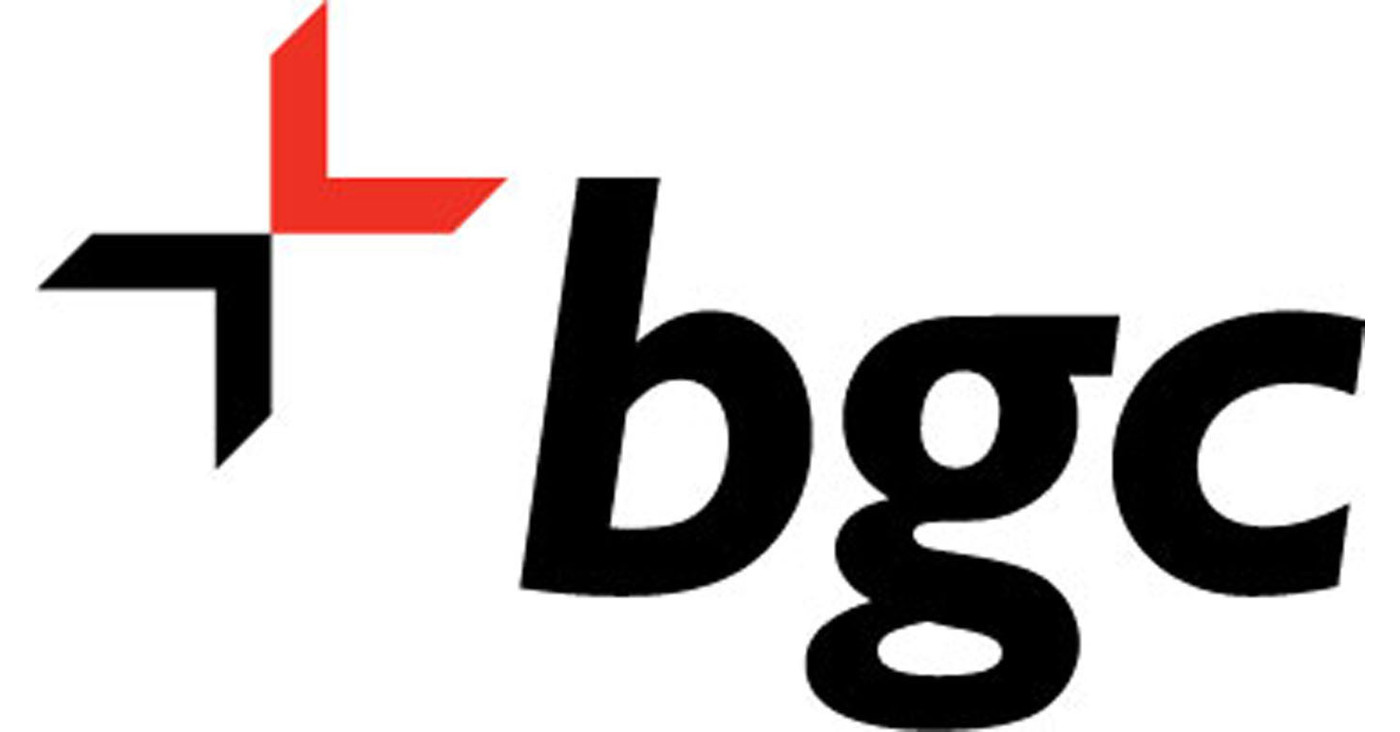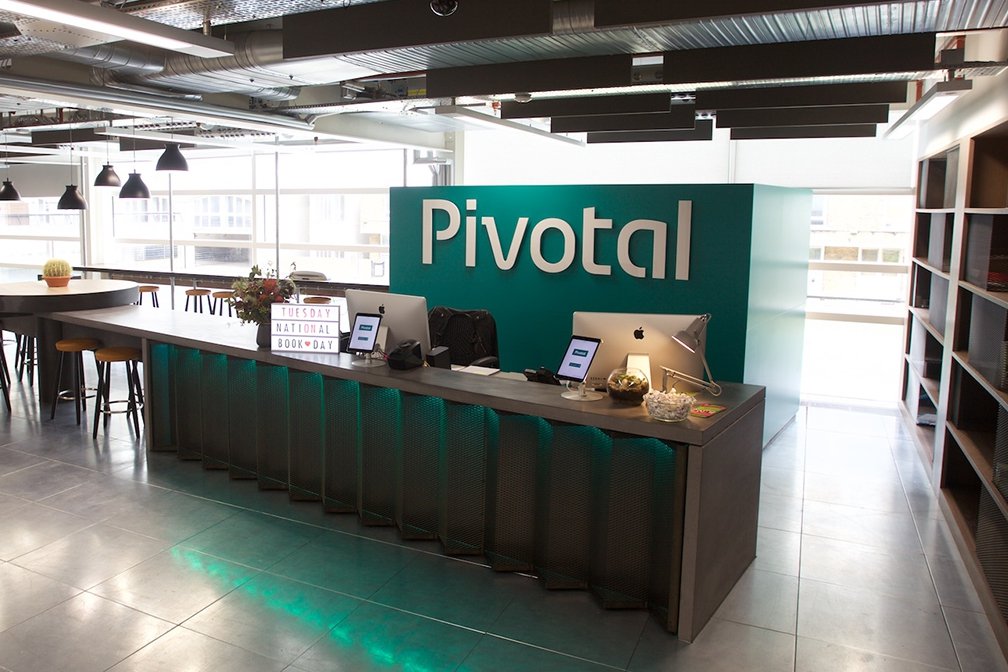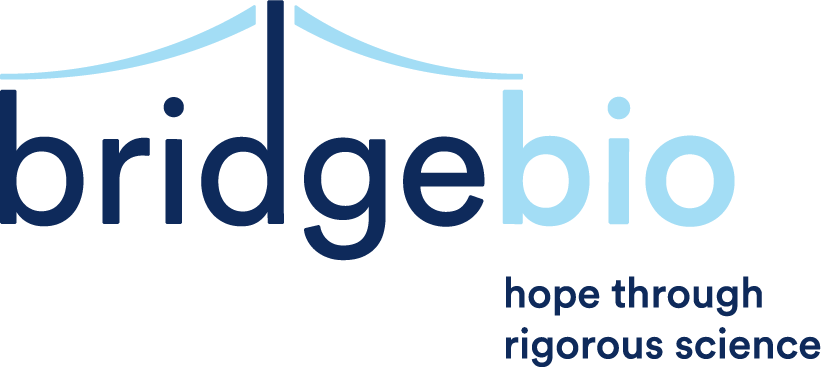The Delaware Supreme Court affirmed the Court of Chancery’s decision in favor of the Defendants in several cases challenging the fairness of transactions involving controlling shareholders. In these cases, defendants were able to prevail even under the more exacting entire fairness standard by demonstrating a robust special committee process and a strong record supporting fair price.
In BGC Partners, the Court found that defendants had met their burden of proving entire fairness despite the fact that the controlling shareholder had initiated the deal, had a financial incentive to cause BGC to overpay, and overstepped in identifying advisors for the special committee. The Court found that the special committee and its advisors were independent, that the controlling shareholder sufficiently extracted himself from the committee deliberations after it was fully empowered, and that the committee had conducted a thorough and fair process. The Court also found that the price BGC paid for Berkeley Point was fair, based on the committee’s financial advisor’s recommendation and the evidence presented at trial.
Other recent cases have also shown that defendants can prevail at trial under the entire fairness standard if they have a strong record supporting fair price and a robust special committee process. For example, in Cysive, Inc., the Court found that a controlling stockholder’s buyout of the company’s public float was entirely fair, even though the controlling shareholder had a financial incentive to overpay. The Court found that the special committee had conducted a thorough and independent process, and that the price paid was fair based on the committee’s financial advisor’s recommendation and the evidence presented at trial.
These cases show that defendants can prevail at trial under the entire fairness standard if they have a strong record supporting fair price and a robust special committee process. However, it is important to note that these cases are all fact-specific, and the outcome of any particular case will depend on the specific circumstances.
Here are some key takeaways for controlling shareholders and independent directors:
A good special committee process is critical. The special committee should be independent, diligent, and fully empowered to negotiate without influence from the controlling shareholder. The committee should have access to all relevant information and should be able to retain its own independent advisors.
Powerful evidence on price is invaluable. The court will look to the price paid in a transaction as an indicator of fair value. Therefore, it is important to have a strong record supporting the fair price of the transaction. This may include a fairness opinion from an independent financial advisor, market research, and expert testimony.
The supporting evidence must be memorialized by the special committee. The committee should keep detailed minutes of its meetings and should document all of the information it considered in reaching its decision. This will help to ensure that the court has a complete record to review if the transaction is challenged.
By following these guidelines, controlling shareholders and independent directors can increase their chances of prevailing at trial under the entire fairness standard.





